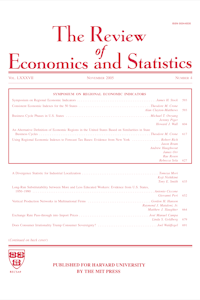
Peng, L., Wang, Q. and Zhou, D.
Social Networks, Trading, and Liquidity
The Journal of Portfolio Management Market Microstructure
Vol. 48(5) (2022)
Abstract: The recent meme stock saga has drawn attention to the growing role of social networks in capital markets. In this article, the authors summarize the latest research that uses large-scale, representative, real-world social network data to study social networks’ influences on trading, liquidity, and valuations of stocks. Institutional investors invest more heavily in stocks if there are strong social ties between the geographic locations of the institution’s headquarters and the firm’s headquarters. Further, a firm’s social ties to large institutional investors reduce its cost of capital, increase its valuation, and strengthen its liquidity. Social networks help to timely disseminate important news releases into prices but also trigger belief divergence and generate persistent excess trading. Moreover, social interactions can amplify investors’ behavioral biases and contribute to retail investors’ attraction to lottery-type stocks. The authors provide additional examples to further illustrate why the roles of social networks are of particular importance to market participants.
Author links:
Publisher's Link: https://doi.org/10.3905/jpm.2022.1.367 ![]()
Keynes Fund Project(s):
Social Networks in Economics and Finance (JHVJ)



